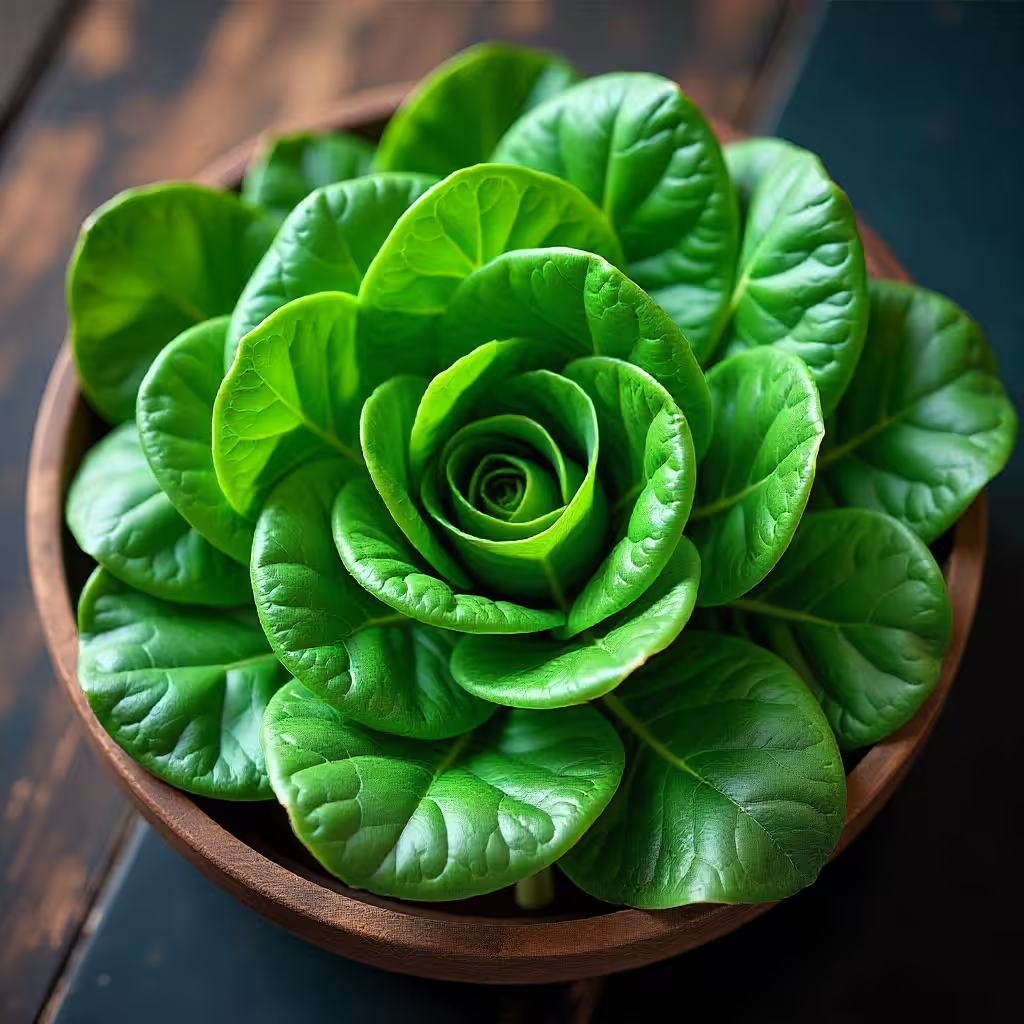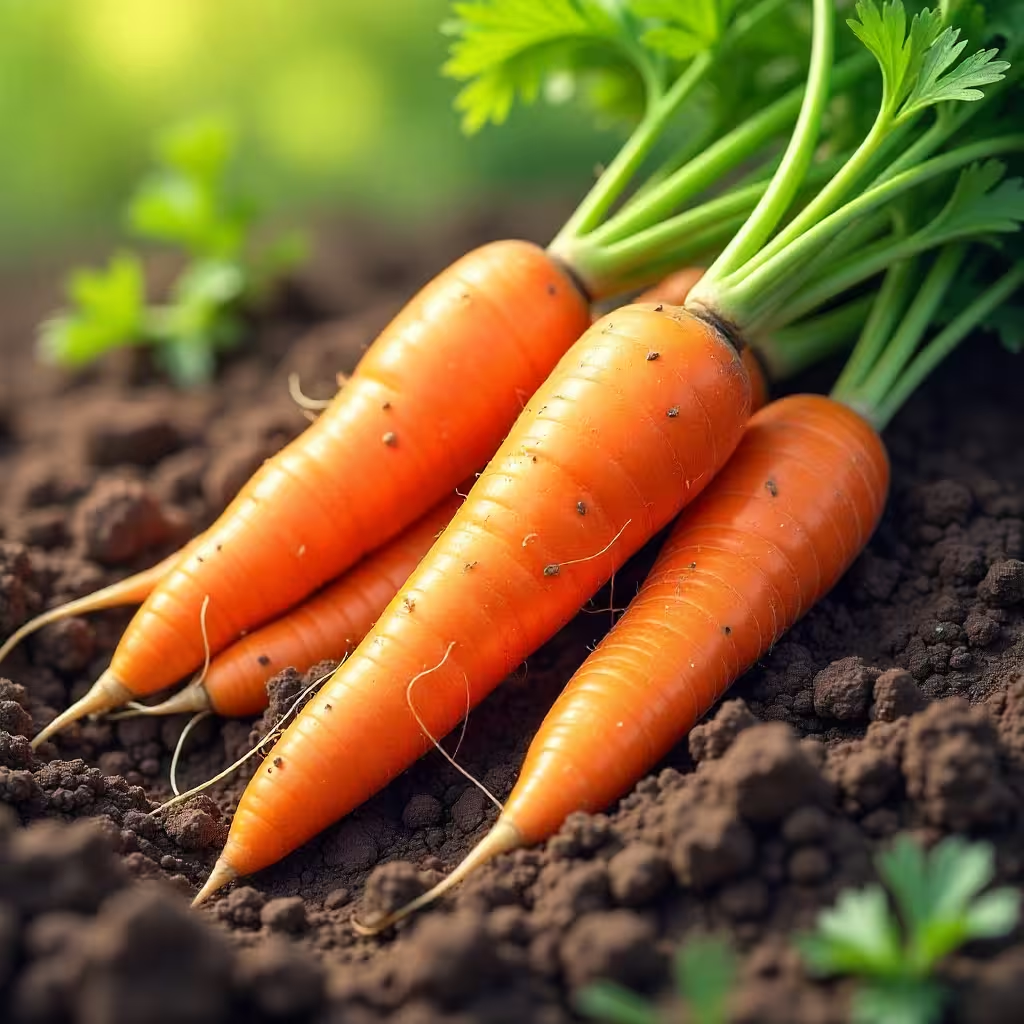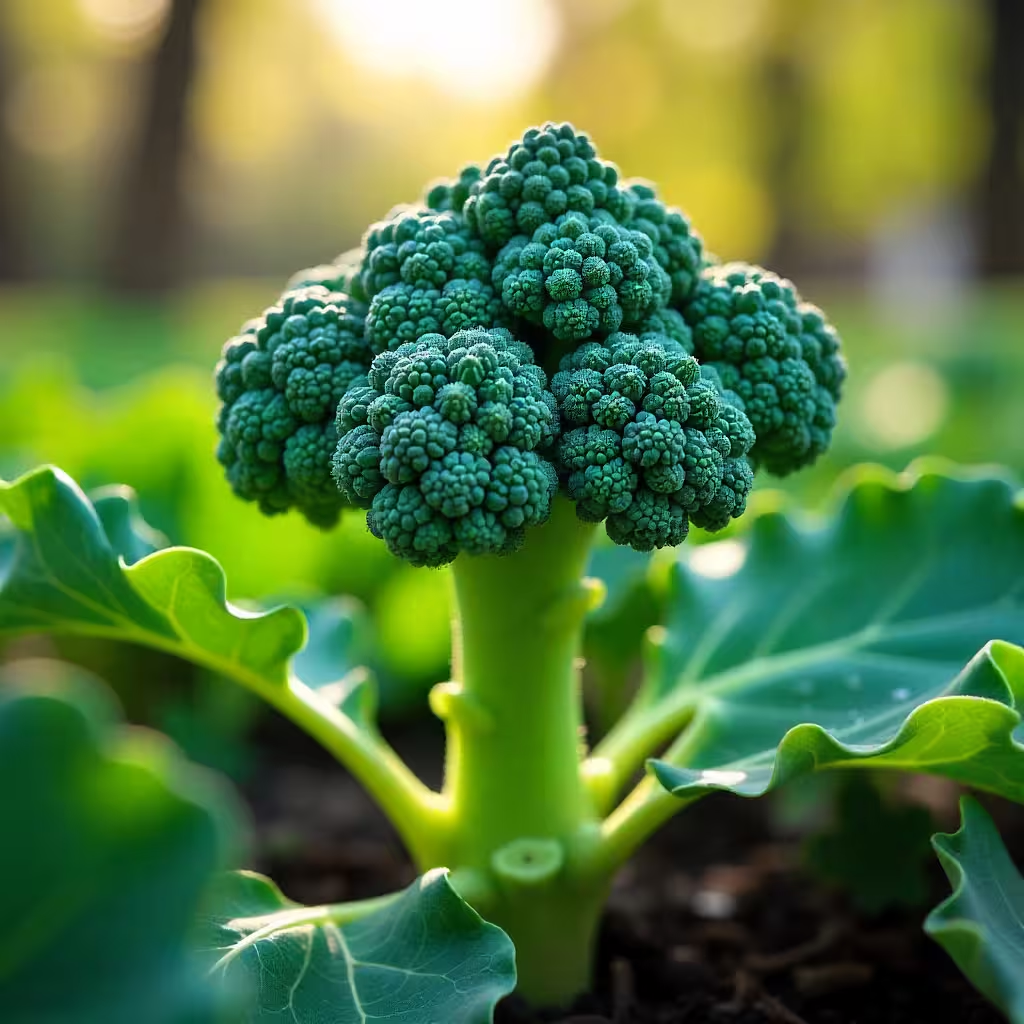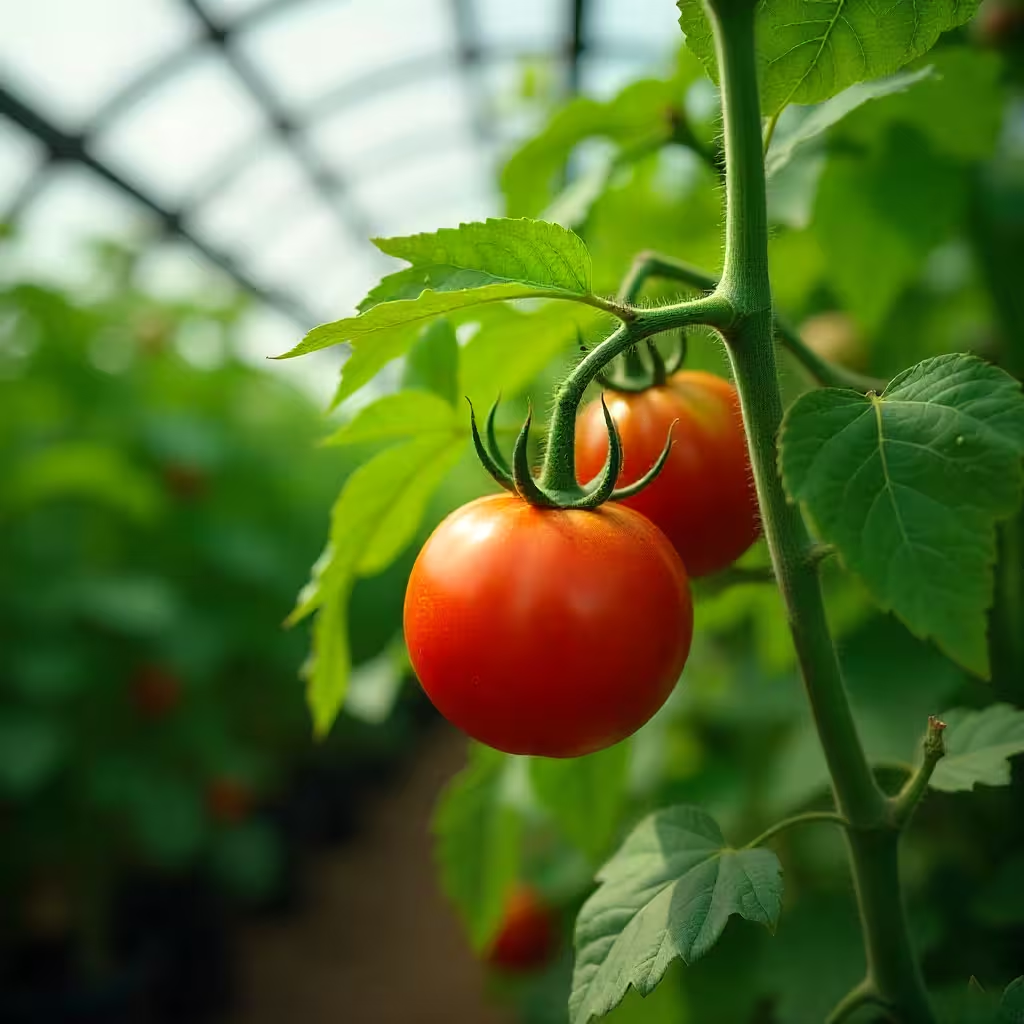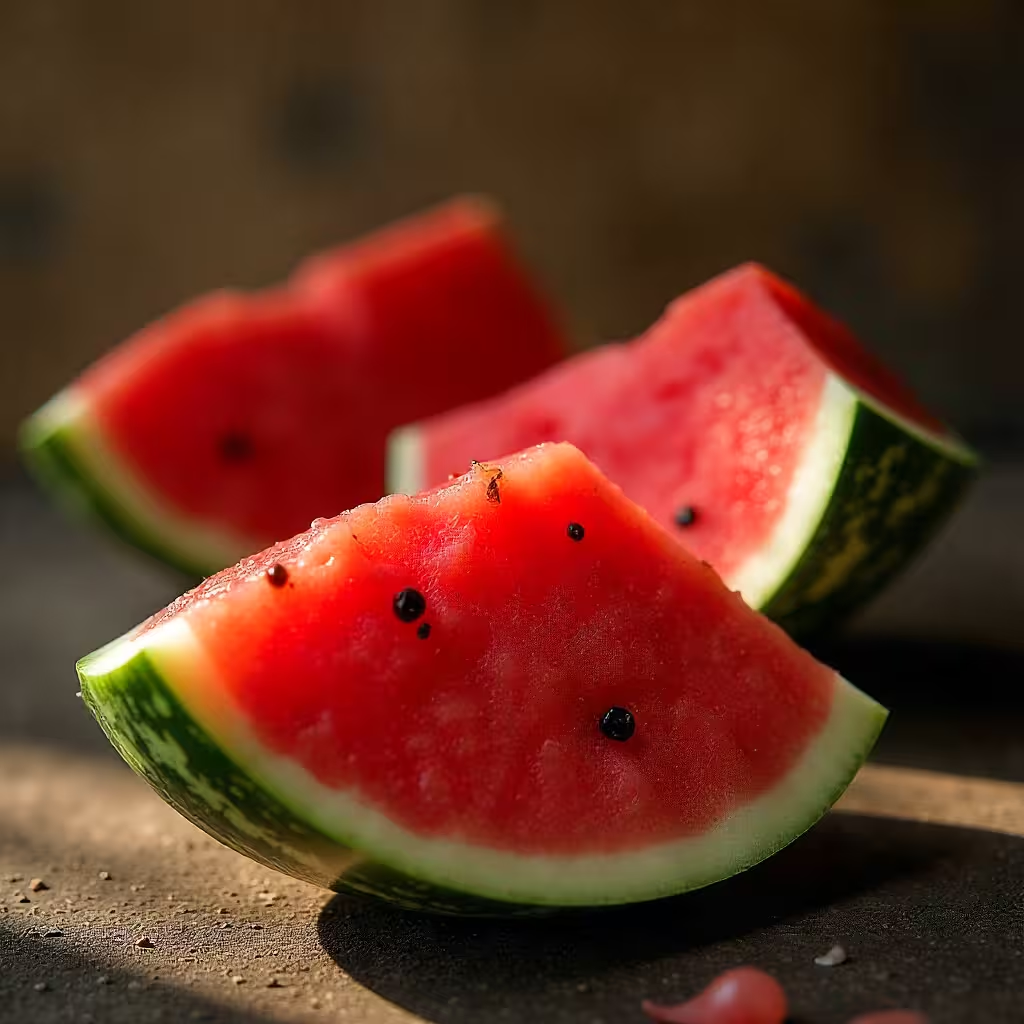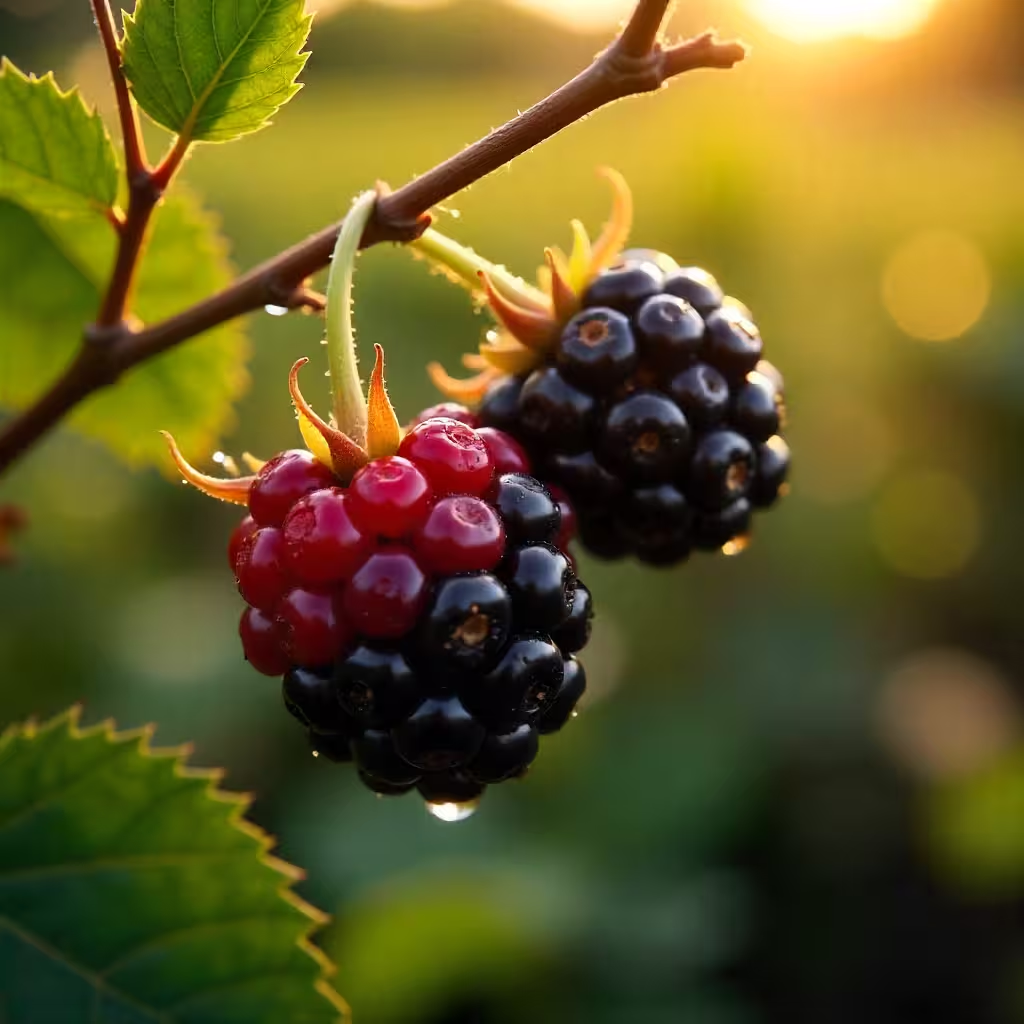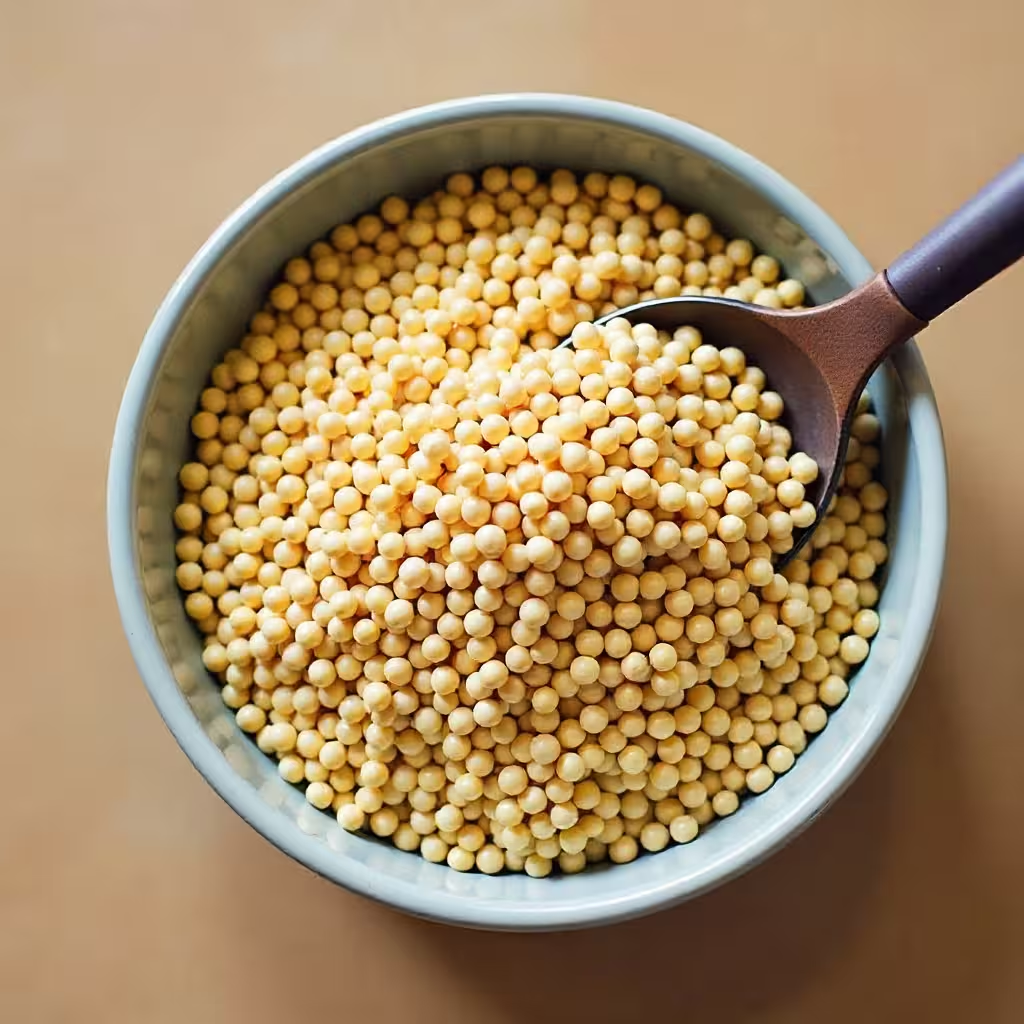Broccoli and Its Power for Health
Broccoli is one of the most celebrated superfoods in the world, known for its dense nutritional value and powerful health benefits. Packed with vitamins C, K, A, and folate, along with fiber, antioxidants, and minerals like iron and potassium, broccoli is a green vegetable that strengthens the immune system, supports strong bones, aids digestion, and even protects the heart. Many health experts recommend including broccoli regularly in diets because it not only nourishes the body but also helps in preventing chronic diseases such as diabetes, cancer, and cardiovascular conditions. When steamed, stir-fried, or eaten raw, its nutrients remain active, making broccoli a versatile and essential part of a healthy lifestyle.
Featured Content
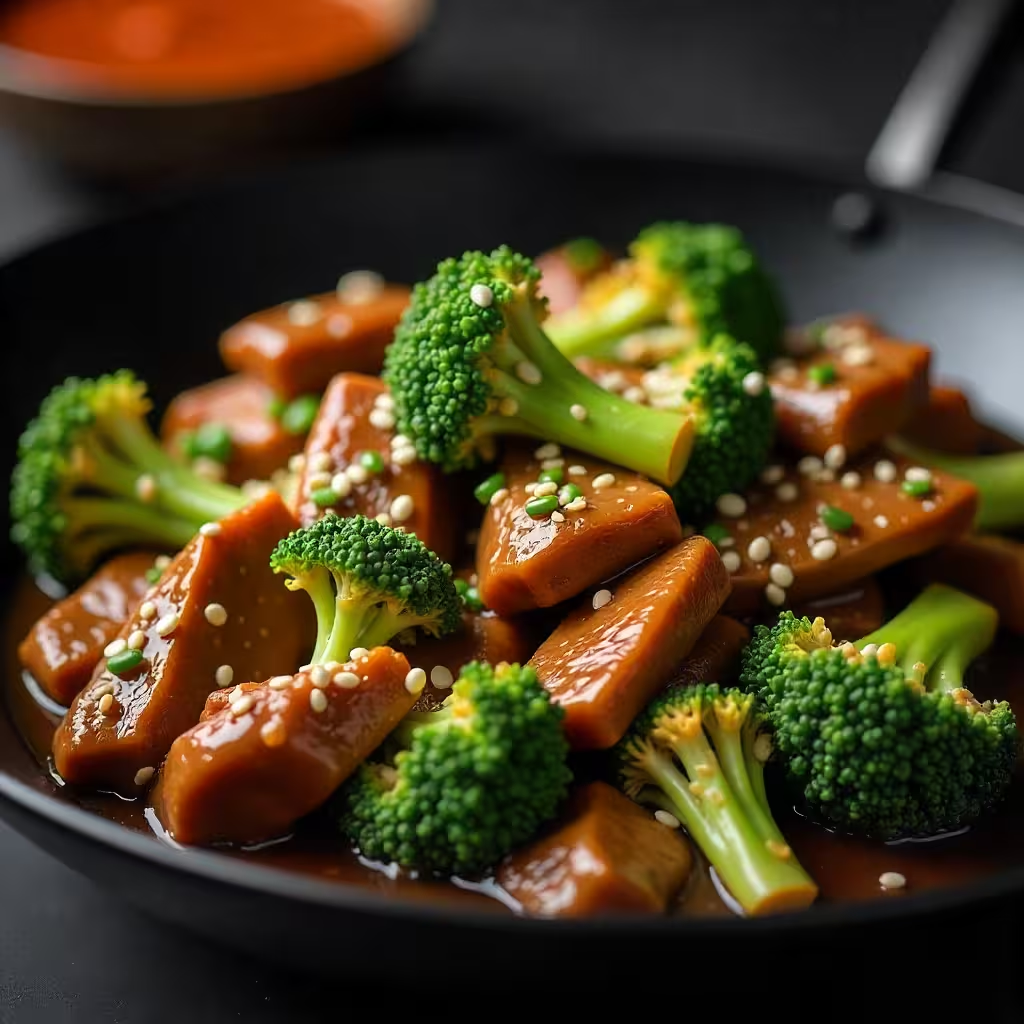
Globally, broccoli has become a staple vegetable in kitchens, restaurants, and wellness diets. It is highly cultivated in countries like the United States, Italy, Spain, and China, where it is valued both as a fresh vegetable and as a key ingredient in soups, salads, and healthy meals. Nutritionists worldwide encourage broccoli consumption because of its proven role in supporting long life and reducing risks of obesity-related diseases. International markets demand both organic and conventional broccoli, with organic gaining more popularity due to increased awareness of natural health.
Additional Insights
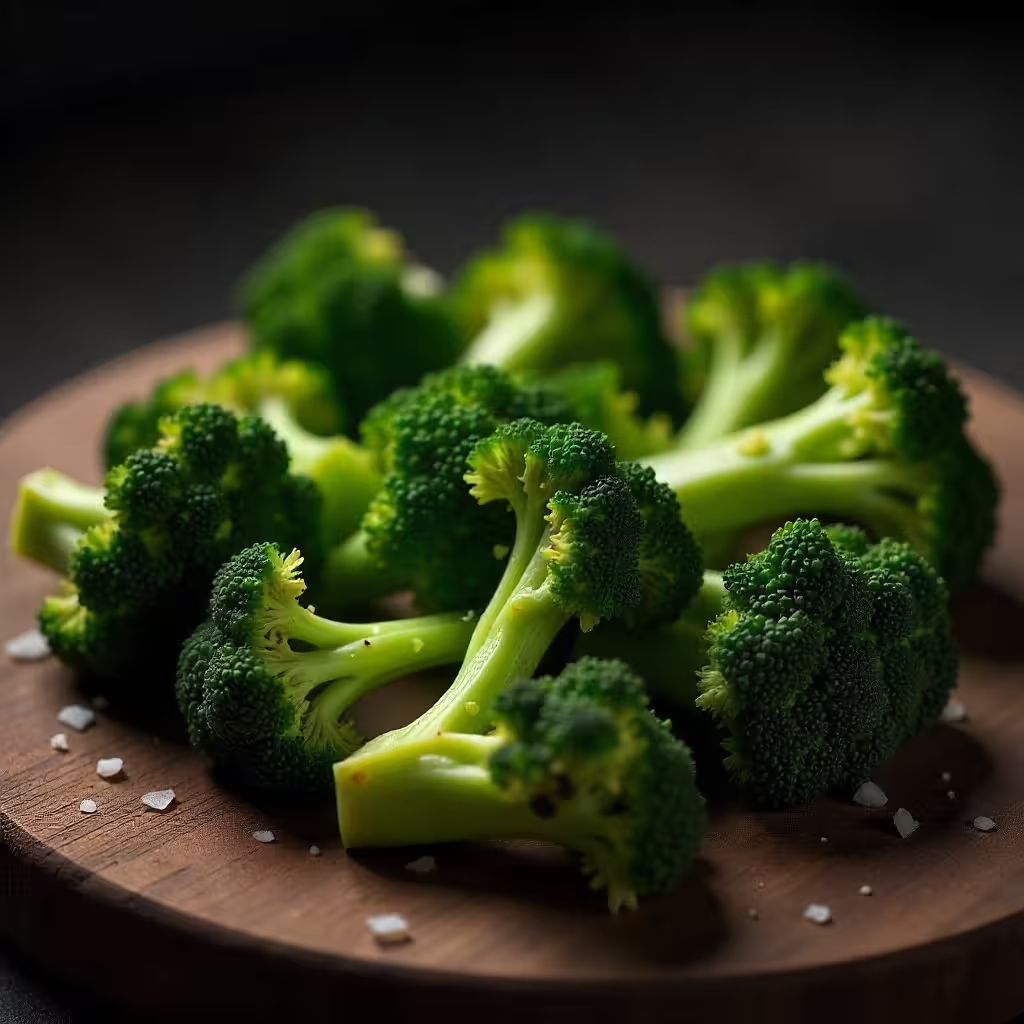
In Asia, broccoli has gained wide acceptance over the past few decades, especially in countries like China, India, and Japan. It is often stir-fried with garlic, ginger, soy sauce, or oyster sauce, making it a popular side dish. In India, broccoli is sometimes added to curries, while in Japan, it is often steamed or boiled and served with sesame sauce. Asian cuisine has embraced broccoli not just for its taste but also for its ability to balance rich meals with a light, nutrient-packed vegetable.
In-depth Analysis
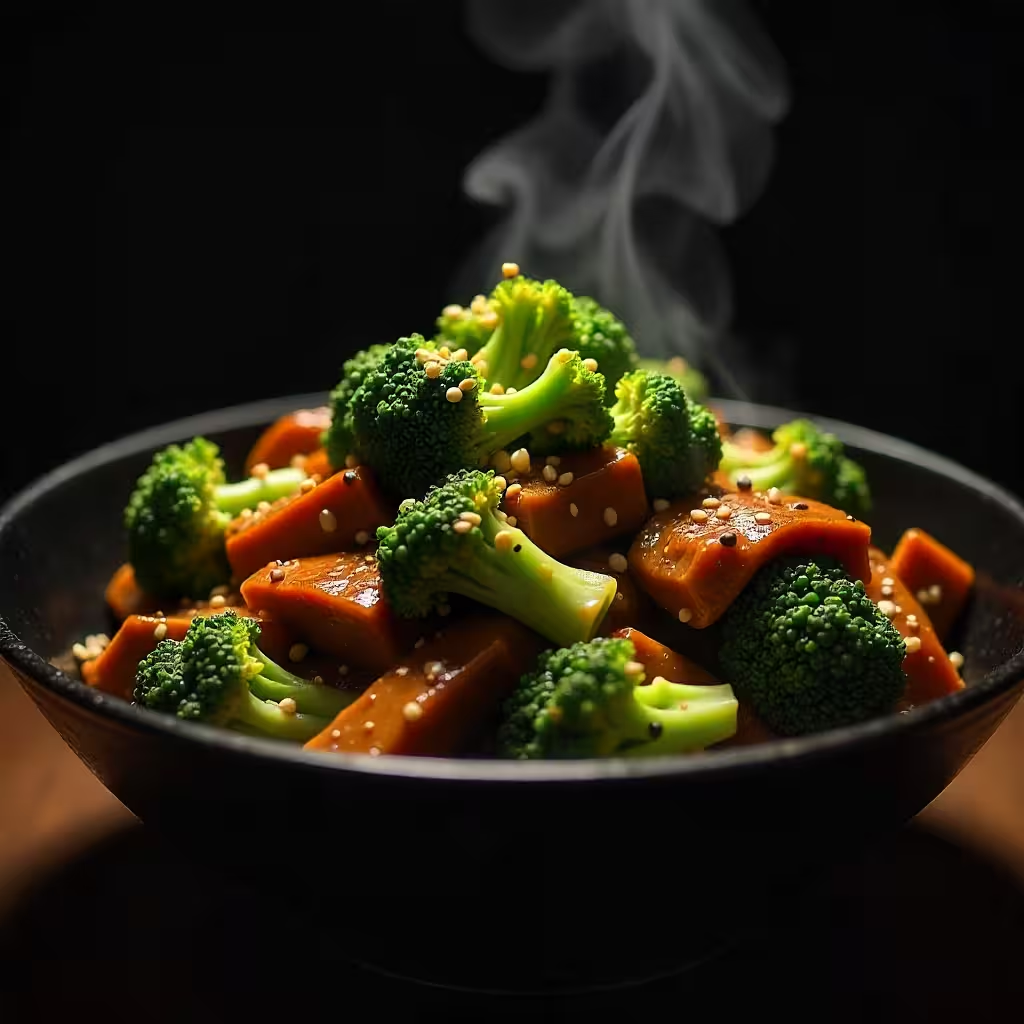
Across Africa, broccoli is still an emerging vegetable but is increasingly found in urban markets, supermarkets, and hotels. In countries like South Africa, Kenya, Nigeria, and Uganda, it is being cultivated for both local consumption and export. African households and restaurants prepare it by boiling, steaming, or mixing it with other vegetables in stews. Health-conscious communities and middle-class families are particularly including broccoli in their diets, recognizing its value in fighting malnutrition and boosting overall wellness.
Key Highlights
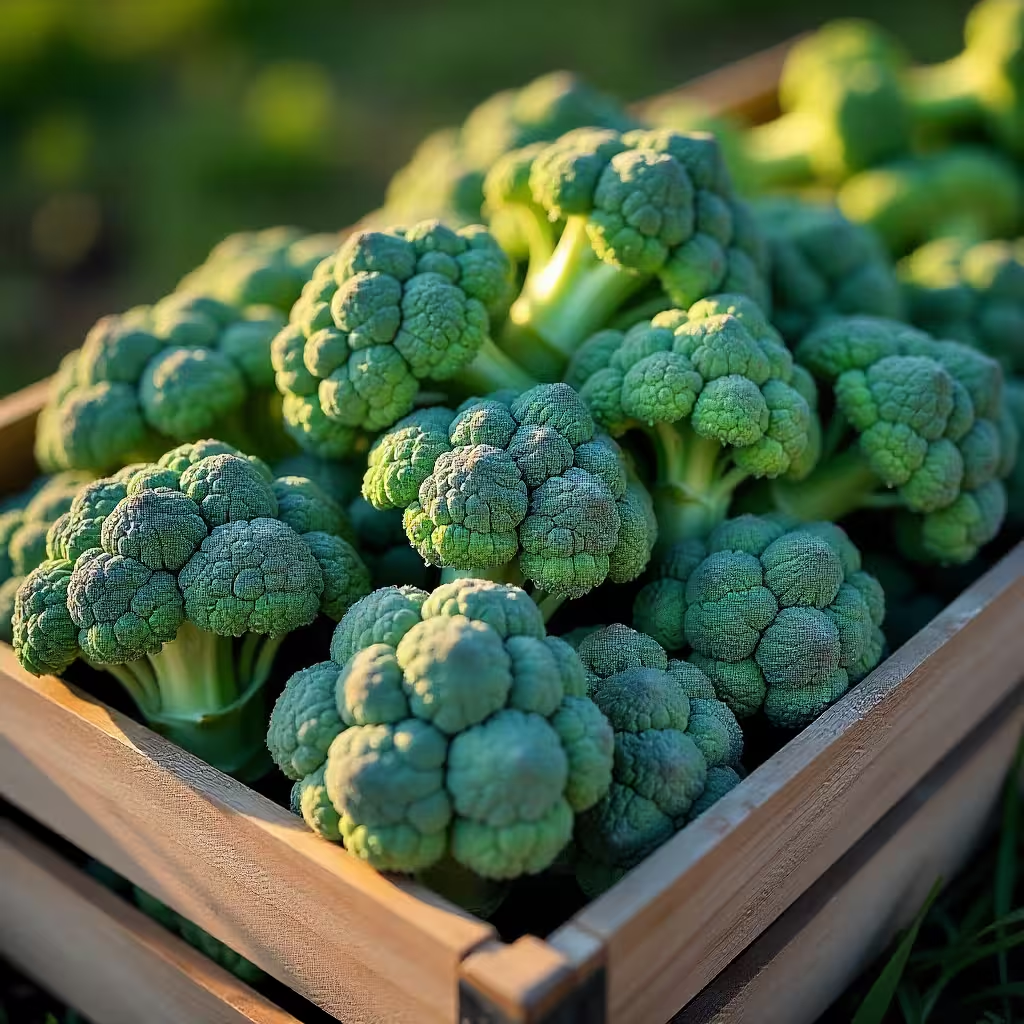
In Rwanda, broccoli is becoming more common, especially in Kigali and other cities where supermarkets and fresh produce markets supply it. Restaurants and hotels serving both locals and international guests often prepare broccoli as a side dish in buffets, salads, or with grilled meats. It is also promoted in healthy living spaces where people are encouraged to diversify their diets beyond traditional vegetables. Rwandan farmers are beginning to adopt broccoli cultivation to meet this growing demand, as it fits well in Rwanda’s fertile soils and cool climate regions.
Final Thoughts
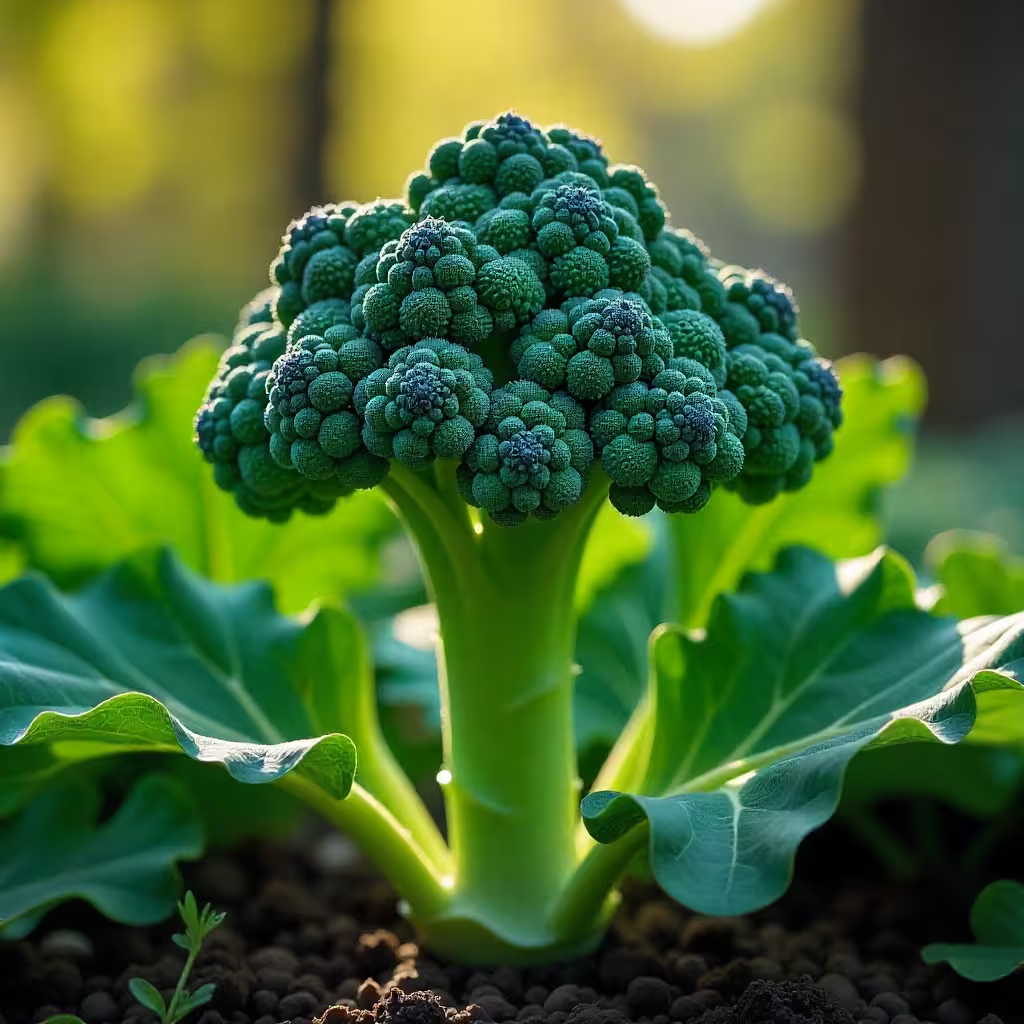
Rwandans prepare broccoli mainly by steaming, boiling, or stir-frying it with onions, tomatoes, and spices. It is often served alongside rice, potatoes, beans, or meat dishes. Health-conscious families prefer light steaming to preserve its nutrients, while others mix it into vegetable stews. Broccoli can also be blended into soups for children or made into salads with avocado, carrots, and lemon juice. Getting broccoli in Rwanda is easiest at supermarkets, local markets, or through farmers who supply hotels and restaurants. As awareness grows, more households are beginning to see broccoli not only as a vegetable but as a health investment.


